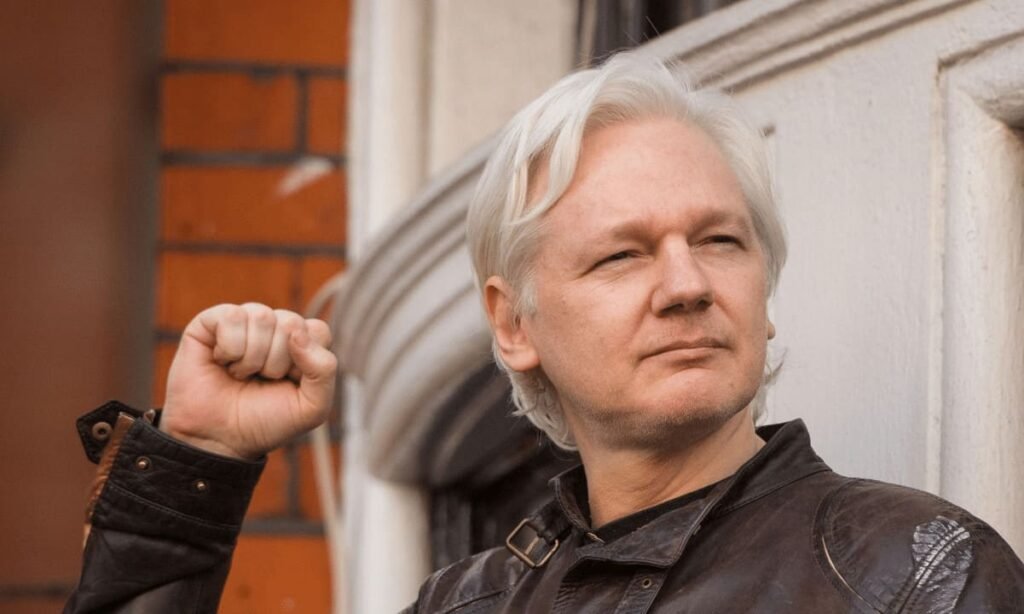Julian Assange, the founder of WikiLeaks, has been released from a UK prison after five years. A high court in London granted him bail, and he left the country. Assange reached a plea deal with the US Justice Department to avoid extradition, agreeing to plead guilty to one count of conspiracy. His troubles began in 2010 when he published classified US military documents, leading to his stay at the Ecuador embassy to avoid arrest.
With traditional payment platforms shutting down WikiLeaks’ account, Assange turned to Bitcoin to raise funds. He was eventually arrested from the embassy and has been fighting extradition to the US. Press freedom advocates protested his arrest, leading to the formation of the AssangeDAO, which raised millions in ether. Assange is now free and will be sentenced on Saipan soon.
The efforts of the AssangeDAO and freedom advocates have paid off as Assange is now a free man. He will be sentenced on Saipan, and his supporters are thankful for those who fought for his freedom. Assange’s return to Australia is anticipated, and it is seen as a victory for press freedom. The decentralized autonomous organization and thousands of users played a crucial role in raising funds for Assange’s release.
Assange’s release marks the end of a five-year prison term, during which he fought extradition to the US. His involvement in publishing classified documents led to pleas for his freedom from press freedom advocates worldwide. The AssangeDAO was instrumental in raising funds for his release, highlighting the power of decentralized organizations in achieving significant goals. The impact of his release extends beyond his personal freedom to the broader issue of upholding press freedom globally.
The significance of Assange’s release cannot be overstated, as it represents a victory for press freedom and the right to disseminate information. His arrest and subsequent imprisonment sparked international outcry and raised questions about the limits of governmental control over media organizations. The role of platforms like WikiLeaks in holding governments accountable and exposing wrongdoing cannot be underestimated, and Assange’s release is a step towards protecting these values.
As Julian Assange returns to Australia, supporters celebrate his freedom and the efforts of those who fought for his release. The AssangeDAO’s success in raising funds for his bail serves as a testament to the power of decentralized organizations in achieving social change. The impact of his release will be felt beyond his personal circumstances, as it reignites the conversation about press freedom and the role of organizations like WikiLeaks in promoting transparency and accountability. Assange’s release is a reminder of the ongoing challenges faced by individuals and organizations committed to upholding democratic values in the face of government restrictions.

